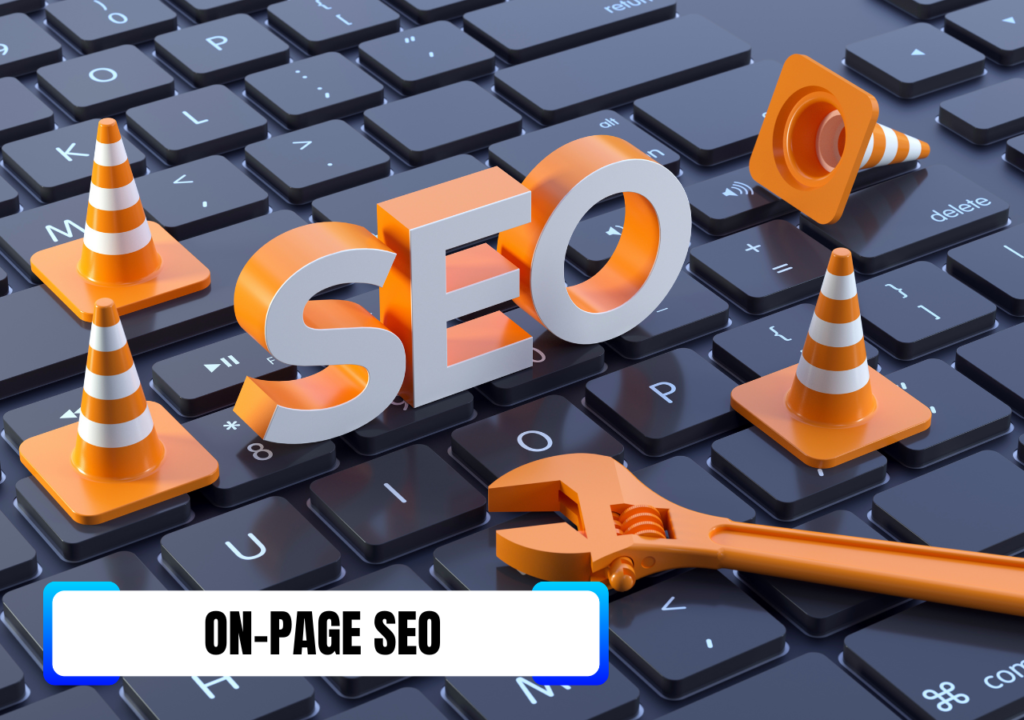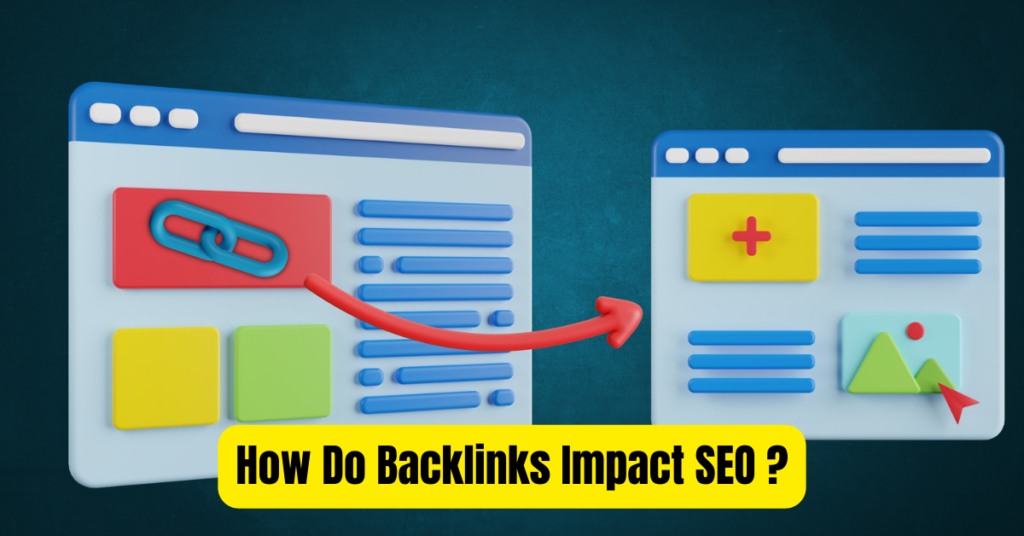In the ever-evolving landscape of digital marketing, Search Engine Optimization (SEO) remains a cornerstone for driving organic traffic to websites. To stay ahead of the competition, it’s essential to understand and implement the most effective SEO techniques. This article delves into the top strategies you can use to enhance your website’s visibility and ranking on search engines.

Keyword Research and Optimization
Keyword research is the foundation of SEO. It involves identifying the words and phrases your target audience uses when searching for products, services, or information related to your business.
- Use Tools: Utilize tools like Google Keyword Planner, SEMrush, or Ahrefs to discover relevant keywords.
- Long-Tail Keywords: Focus on long-tail keywords, which are less competitive and more specific, increasing the chances of ranking higher.
- LSI Keywords: Incorporate Latent Semantic Indexing (LSI) keywords, which are terms related to your primary keywords, to add context to your content.

High-Quality Content Creation
Content is king in SEO. Creating high-quality, valuable content that meets the needs of your audience is crucial.
- Informative and Engaging: Ensure your content is informative, engaging, and answers the questions your audience might have.
- Original Content: Avoid duplicate content. Originality is key to ranking higher on search engines.
- Regular Updates: Keep your content fresh and up-to-date. Regularly updating your content signals to search engines that your website is active and relevant.

On-Page SEO
On-page SEO involves optimizing individual web pages to rank higher and earn more relevant traffic.
- Title Tags: Craft compelling and descriptive title tags that include your primary keywords.
- Meta Descriptions: Write concise meta descriptions that accurately describe the page content and include keywords.
- Header Tags: Use header tags (H1, H2, H3) to structure your content. Ensure your primary keyword appears in at least one H1 tag.
- URL Structure: Keep your URLs short, descriptive, and keyword-rich.

Mobile Optimization
With the majority of searches now happening on mobile devices, optimizing your site for mobile is imperative.
- Responsive Design: Use a responsive design to ensure your site looks good and functions well on all devices.
- Page Speed: Improve your page speed by compressing images, leveraging browser caching, and reducing server response time.
- Mobile-Friendly Test: Use Google’s Mobile-Friendly Test tool to check how easily visitors can use your page on a mobile device.

Technical SEO
Technical SEO focuses on the backend of your website, ensuring it meets the technical requirements of search engines.
- XML Sitemap: Create and submit an XML sitemap to help search engines index your site.
- Robots.txt: Use the robots.txt file to guide search engine crawlers on which pages to index.
- HTTPS: Secure your website with HTTPS to ensure data integrity and user trust.
- Schema Markup: Implement schema markup to help search engines understand your content and improve your SERP visibility.

Link Building
Link building is the process of acquiring hyperlinks from other websites to your own, which can significantly impact your search engine ranking.
- Quality Over Quantity: Focus on obtaining high-quality backlinks from reputable sites.
- Guest Blogging: Write guest posts on relevant blogs to earn backlinks.
- Broken Link Building: Identify broken links on other websites and offer your content as a replacement.

User Experience (UX)
A positive user experience can enhance your SEO efforts by increasing user engagement and reducing bounce rates.
- Site Navigation: Ensure your site is easy to navigate with a clear structure.
- Readability: Use clear fonts, adequate spacing, and concise paragraphs to improve readability.
- Interactive Elements: Include interactive elements like videos, infographics, and quizzes to engage users.
Local SEO
For businesses targeting local customers, local SEO is crucial.
- Google My Business: Claim and optimize your Google My Business listing.
- Local Keywords: Use local keywords in your content, meta descriptions, and title tags.
- NAP Consistency: Ensure your business name, address, and phone number (NAP) are consistent across all online platforms.
Social Media Integration
While social media signals are not a direct ranking factor, they can amplify your SEO efforts.
- Shareable Content: Create content that is easy to share on social media platforms.
- Engagement: Actively engage with your audience on social media to drive traffic to your website.
- Social Links: Include social sharing buttons on your website to encourage content sharing.
10. Analytics and Monitoring
Regularly monitoring and analyzing your SEO performance helps identify what’s working and what needs improvement.
- Google Analytics: Use Google Analytics to track your website traffic and user behavior.
- Google Search Console: Monitor your site’s performance in search results using Google Search Console.
- Regular Audits: Conduct regular SEO audits to identify and fix issues that might be affecting your site’s performance.


Conclusion
Implementing these top SEO techniques can significantly enhance your website’s visibility and ranking on search engines. Remember, SEO is an ongoing process that requires constant monitoring and adjustment. By staying up-to-date with the latest trends and best practices, you can ensure your website remains competitive in the ever-changing digital landscape.
FAQ:
What is keyword research and why is it important for SEO?
Answer: Keyword research involves identifying the words and phrases your target audience uses when searching for products or information related to your business. It is crucial for SEO because it helps you understand what your potential customers are looking for and allows you to create content that matches their search intent, thus improving your chances of ranking higher on search engines.
How does high-quality content impact SEO?
Answer: High-quality content is essential for SEO as it provides value to users, answers their questions, and engages them. Search engines prioritize content that is informative, original, and regularly updated. Quality content attracts more visitors, encourages longer page visits, and increases the likelihood of earning backlinks from other websites, all of which can improve your search engine rankings.
What are some effective on-page SEO techniques?
Answer: Effective on-page SEO techniques include optimizing title tags, meta descriptions, and header tags with relevant keywords. Additionally, creating a clean URL structure, ensuring mobile optimization, and improving page load speed are vital. Proper internal linking and using image alt texts also contribute to better on-page SEO.
Why is mobile optimization important for SEO?
Answer: Mobile optimization is crucial because a significant portion of web traffic comes from mobile devices. Search engines like Google prioritize mobile-friendly websites in their rankings. A responsive design, fast loading times, and a user-friendly mobile experience can enhance your SEO efforts by ensuring your site is accessible and functional for mobile users.
How can link building improve my website’s SEO?
Answer: Link building involves acquiring hyperlinks from other websites to your own. It is important for SEO because search engines view these links as votes of confidence. High-quality backlinks from reputable sites can improve your domain authority, increase referral traffic, and enhance your site’s visibility in search engine results, leading to higher rankings.
How Backlinks Impact SEO: Effective Strategies for Building Them
How Do Backlinks Impact SEO, and What Are Some Ways to Build Them? They are…
The Best Strategies for Guest Posting to Boost Your Website Traffic
What are the Best Ways to Do Guest Posting? How Guest Posting Affects Website Traffic?…
10 Effective Strategies to Increase Traffic and Attract Customers to Low Budget Websites
Effective Ways to Increase Traffic and Attract Customers to Low Budget Websites or Businesses Increase…
How Do Image Alt Tags and Descriptions Impact SEO?
How Do Image Alt Tags and Descriptions Impact SEO? In the ever-evolving realm of digital…
What is a Buyer Persona?
Developing Detailed buyer personas is Essential: Introduction In today’s competitive market, understanding your customer is…
Top 10 Web Development Trends to Watch in 2024
Top 10 Web Development Trends to Watch in 2024 The web development landscape is continuously…







